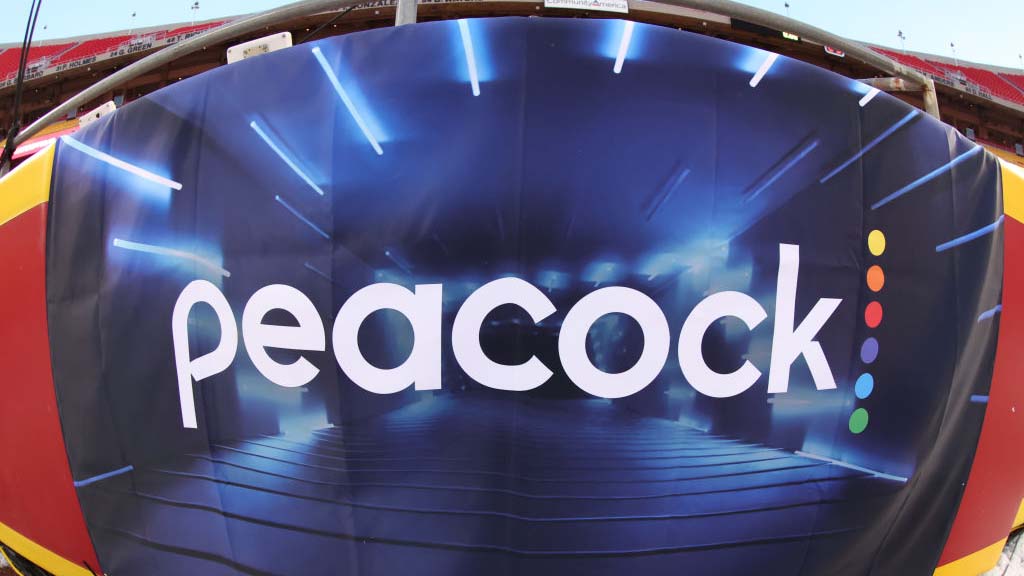Netflix to FCC: Large ISPs Have Anti-Competitive Interconnection Clout
Streamer cites Comcast’s Peacock-exclusive NFL playoff game as example of potential power and opportunity to discriminate

The smarter way to stay on top of the multichannel video marketplace. Sign up below.
You are now subscribed
Your newsletter sign-up was successful
Netflix is again using the FCC’s net neutrality rulemaking to argue that interconnection fees charged by large internet service providers — for connecting Netflix and other unaffiliated streamers to their end users — are potentially anti-competitive and must be either eliminated or closely monitored.
The Federal Communications Commission’s proposed net neutrality rules focus on nondiscriminatory access by subs over the network’s last mile to the home or business rather than the connections among the internet backbone and interconnecting networks, but also view interconnection fees as potentially anti-competitive.
In imposing the 2015 net neutrality rules, the Democratic-led FCC did say ISPs could potentially exploit the points at which their terminating access networks link with other networks and the last-mile connection to subscriber homes, Netflix pointed out.
Also Read: No Numbers From Comcast for Peacock’s NFL Playoff Game Impact
The current FCC, in proposing to reimpose the rules, also said ISPs should be prohibited “from charging edge providers a fee to avoid having the edge providers’ content, service or application ‘blocked’ or ‘throttled.’”
Netflix definitely agrees.
As part of ensuring an open internet, Netflix told the FCC in comments on the proposed return of network neutrality rules that the regulator may want to prohibit such “access” fees to make sure that its content, and that of other edge providers, does not get “blocked or throttled.”
The smarter way to stay on top of the multichannel video marketplace. Sign up below.
That’s because Netflix claims it has to pay those fees to larger ISPs to prevent them from creating congestion for Netflix traffic to favor an ISP’s own affiliated services.
As an example of the kind of streaming content an affiliated ISP could potentially favor, Netflix used the Comcast-owned Peacock streaming service and its groundbreaking, streaming-exclusive carriage of the January 13 Kansas City Chiefs-Miami Dolphins NFL wild-card playoff game, which research firm Antenna said drew the most subscription signups in streaming history.
Access to big-ticket sports has long been a flashpoint for access to content.
To make sure content from unaffiliated edge providers like Netflix isn’t blocked, the company said, the FCC must monitor complaints about anti-competitive interconnection conduct on a case-by-case basis under the bright-line rules banning blocking or throttling.
The fact that ISPs have control over allowing other providers or content platforms to interconnect with their network via “peering” and “transit” agreements gives them the ability and opportunity to “exploit the size of their networks to impose ‘selective’ interconnection policies,” Netflix said.
While Netflix said most ISPs interconnect “cooperatively and efficiently,” large ISPs, particularly vertically integrated ones, have the power to anticompetitively exploit their control over connections by “either (1) degrading the quality of their competitors’ content or (2) increasing their competitors’ costs.”
Contributing editor John Eggerton has been an editor and/or writer on media regulation, legislation and policy for over four decades, including covering the FCC, FTC, Congress, the major media trade associations, and the federal courts. In addition to Multichannel News and Broadcasting + Cable, his work has appeared in Radio World, TV Technology, TV Fax, This Week in Consumer Electronics, Variety and the Encyclopedia Britannica.

